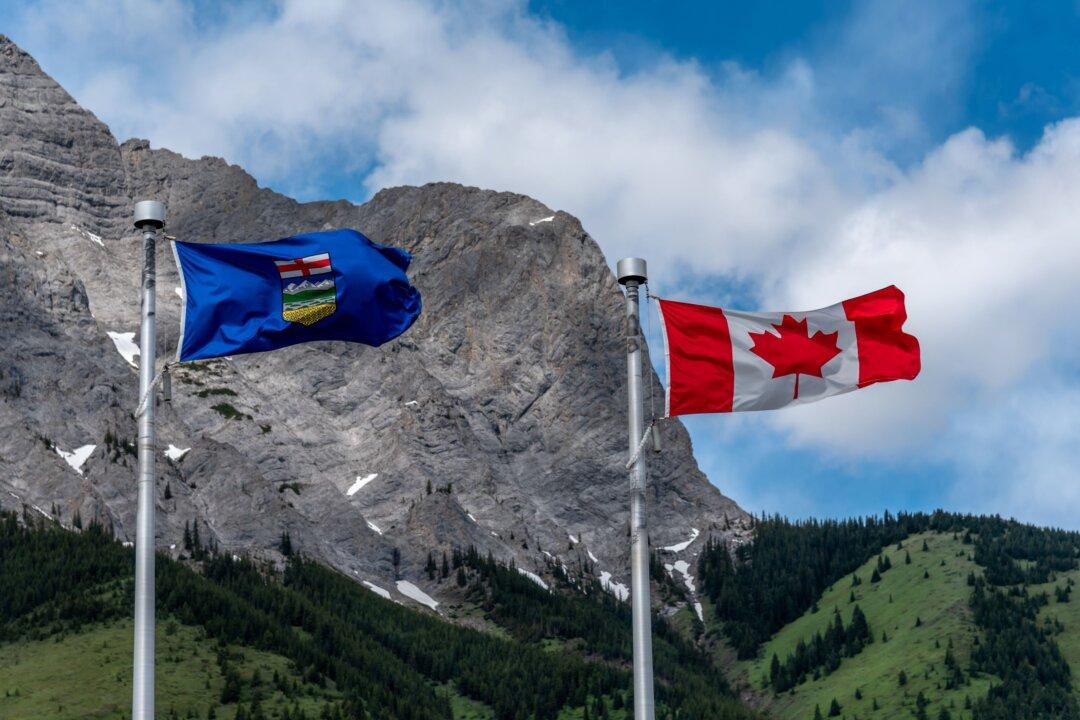One in four Albertans would vote “yes” in a referendum on leaving Canada, just 3 percentage points behind Quebecers’ support for separation, a new poll suggests.
A quarter of Albertans would support separation from Canada, nearly matching the 28 percent of Quebec residents who would favour their province becoming its own country, according to a survey by the Angus Reid institute published on April 6. The desire for separation in both provinces would rise to 30 percent if the Liberals were to form the next government, according to the poll.





